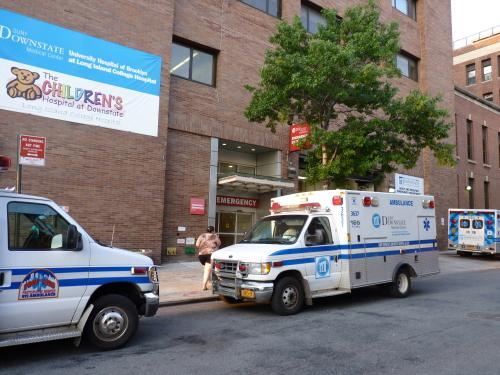SUNY presses to keep control of LICH, tells judge, ‘You can’t unscramble the omelet’
LICH supporters push for an evidentiary hearing

In a filled-to-capacity hearing in Downtown Brooklyn, attorneys representing SUNY Downstate Medical Center continued to press their case Tuesday afternoon that state Supreme Court Justice Carolyn Demarest has no basis to reconsider her 2011 order transferring Long Island College Hospital (LICH) in Cobble Hill to SUNY Downstate.
“This transaction has been consummated and can’t be undone,” argued attorney for SUNY David Dunn, adding, “you can’t unscramble the omelet.”
Attorney Jim Walden, representing Public Advocate Bill de Blasio and six community groups fighting to keep LICH open, told Justice Demarest that had she known all the facts before the LICH transfer, she likely would not have approved it. “There is a compelling case that the information provided to your honor was defective,” he said, echoing the same point Justice Demarest herself had made in August.
